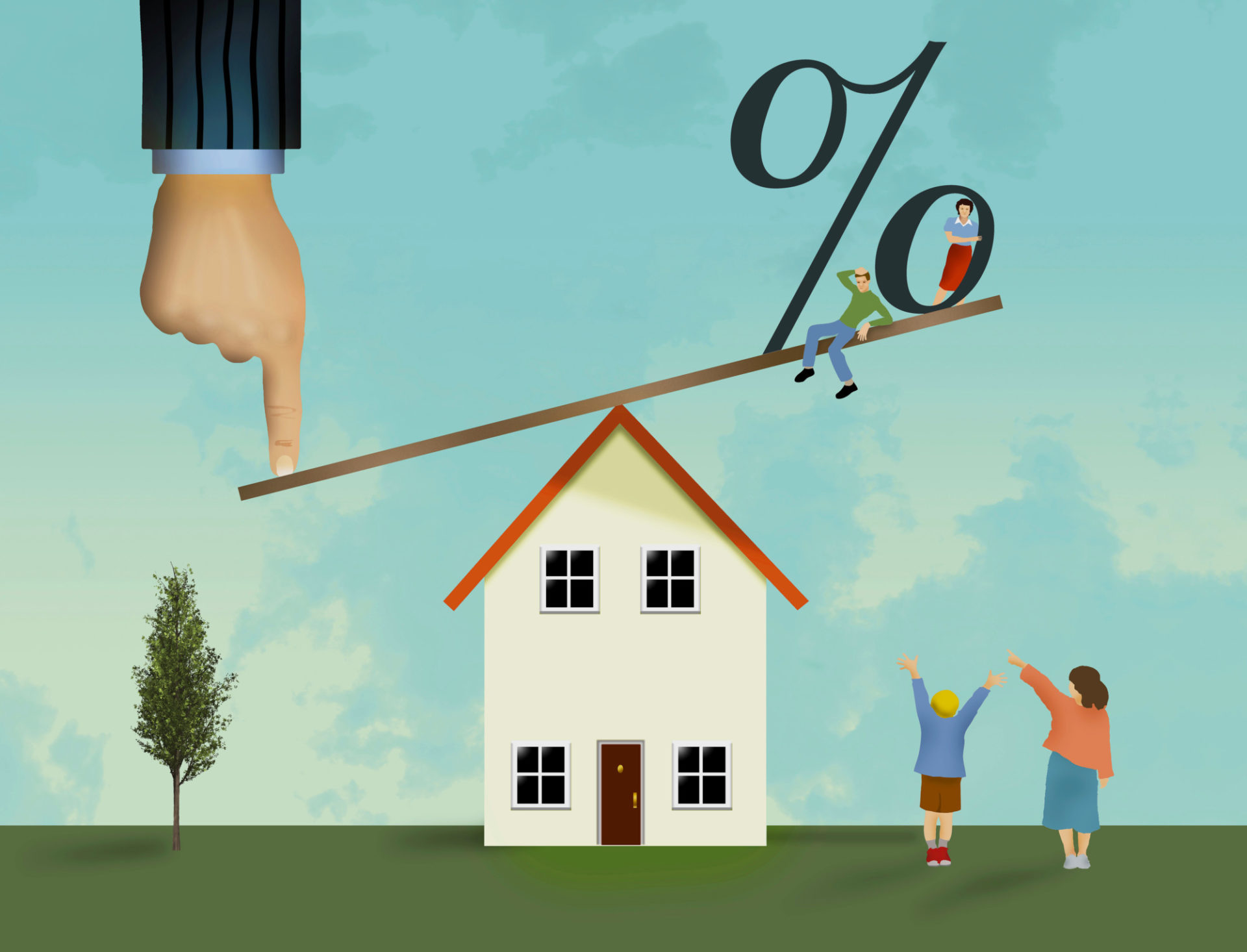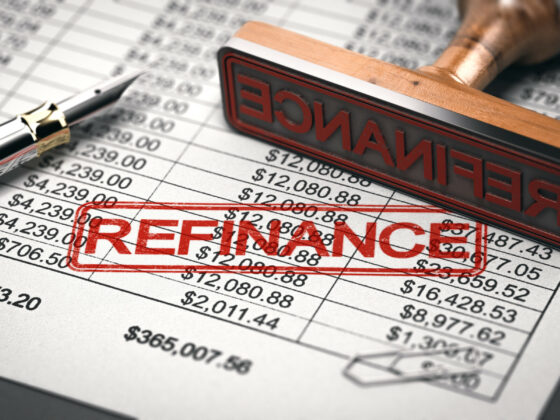Table of Contents Show
When you’re looking to secure a mortgage or refinance an existing home loan, two phrases you’re likely to come across are mortgage points and lender credits—both present interesting ways to adjust your interest rate and closing costs favorably. Depending on your financial situation, one option is likely to be better than the other. But how can you tell which is the right one for you?
Below, we list everything you need to know about points and credits, what they are, how they work, and how to choose between them.
What are Mortgage Points?What are Mortgage Points?
Sometimes known as discount points, mortgage points are used to lower your interest rate by a set amount in exchange for a one-time fee. One mortgage point typically costs 1% of your loan total and will reduce your interest rate by 0.25%. For example, let’s say you have a $300,000 mortgage with a 3.5% interest rate. One point would cost you an additional $3,000 in closing costs but will reduce your interest rate to 3.25%. This nets you a lower monthly loan payment and a lower overall loan cost.
Most lenders allow you to buy multiple mortgage points but usually with a limit on how much you can lower the interest rate. Points are typically purchased during the closing stage. The process is generally referred to as “buying down the rate.”
ProsPros
- It saves you more money over the lifetime of the loan
- Results in a lower monthly loan payment
- Lowers your tax bill due to points being tax-deductible
ConsCons
- Raises your closing costs
- Not cost-effective for short-term loans
What are Lender Credits?What are Lender Credits?
Lender credits are the opposite of mortgage points. Instead of paying an additional fee to lower your interest rate, you’re decreasing your closing costs in exchange for a higher interest rate. Credits are also calculated as a percentage of your total loan amount, but each lender will differ in how much a single credit will reduce your closing costs and increase your interest rate. Some lenders even allow you to eliminate your closing costs through credits. The downside is that this can dramatically increase your monthly mortgage payments and the overall cost of the loan.
Lenders will usually offer credits as an option after your loan application has been approved. It’s entirely up to you whether you want to accept the option.
ProsPros
- Reduces your closing costs, making homeownership more attainable
- It frees up money that can go towards a larger down payment, home repairs, etc.
- Allows you to net a larger annual tax deduction for your interest rate
ConsCons
- Results in a higher interest rate and a more expensive loan
- Raises your monthly loan payments, leaving less cash for other needs
- A higher monthly mortgage payment can negatively impact your debt-to-income ratio, making it more challenging to apply for future loans
How to Choose Between Points or CreditsHow to Choose Between Points or Credits
Mortgage points and lender’s credits can save you money differently. While mortgage points can lower your interest rate for higher closing costs, lender credits allow you to reduce your closing costs in exchange for a higher interest rate.
In general, mortgage points tend to work best for borrowers with a long-term loan who can afford to pay more in closing costs. By contrast, lender credits are better suited for borrowers on a short-term loan who are short on funds for their closing costs. Knowing which is right for you will depend on your short-term and long-term financial goals.
The critical deciding factor will be your breakeven point. For mortgage points, your breakeven point is how long you need to own the home before the additional closing costs are paid off through your lower monthly payments. For lender credits, your breakeven point is when your higher monthly payments offset your initial closing cost savings.
Final ThoughtsFinal Thoughts
Mortgage points and lender credits can be beneficial ways to save you money in the short or long term. But you have to be certain you understand the drawbacks and what you agree to. Take plenty of time to decide on whether one or the other is right for you.
Mortgage points and lender credits are helpful options. There’s nothing that says you have to pick one or the other.








